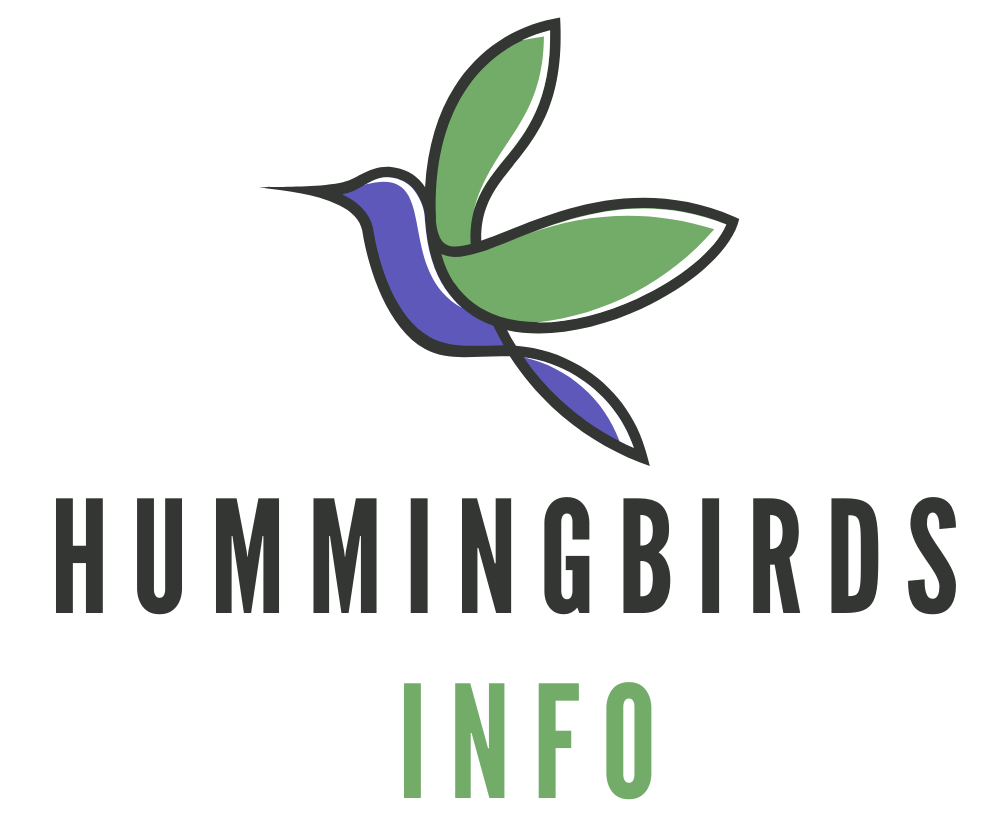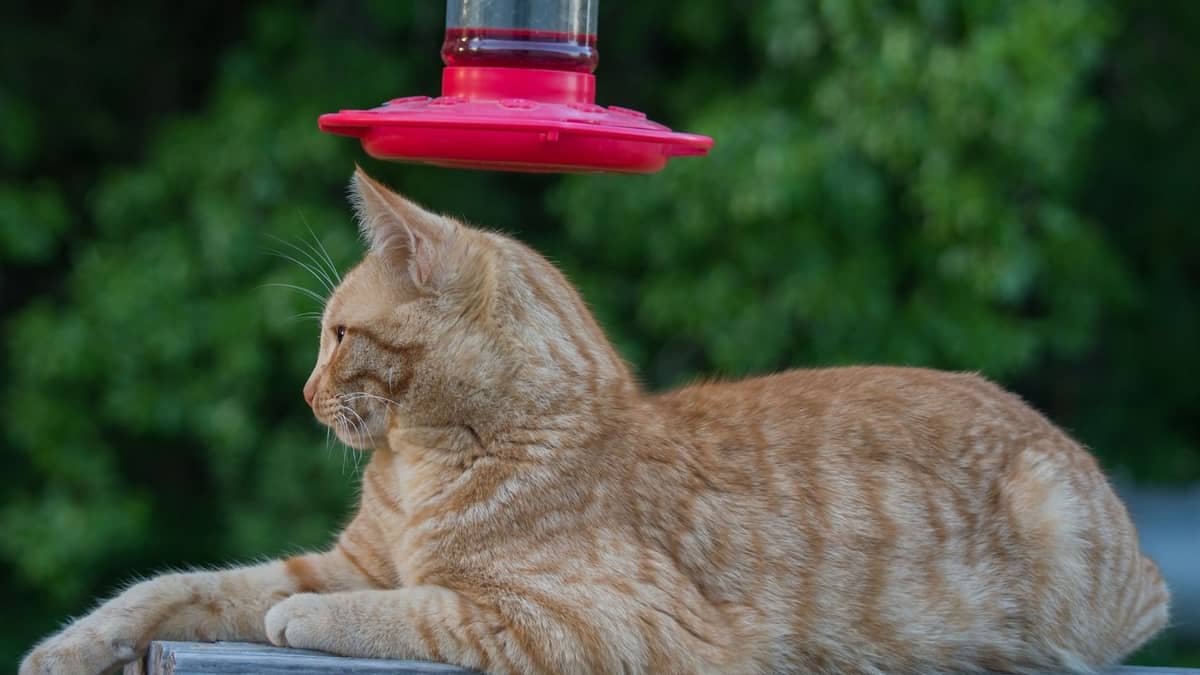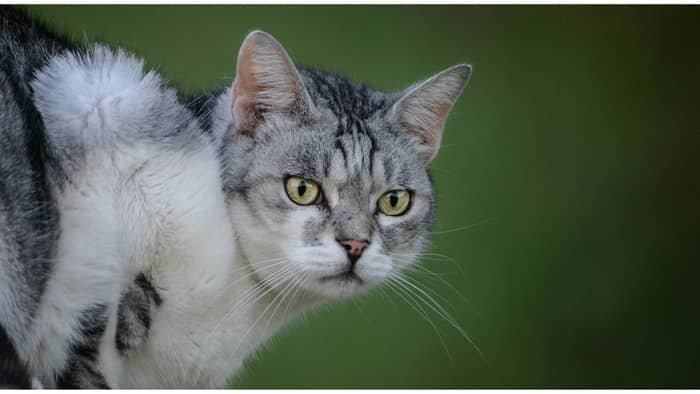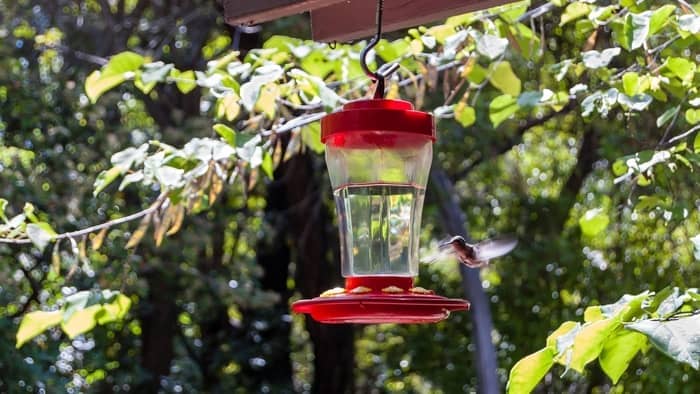Last Updated on December 18, 2021 by Griselda M.
Ever imagined the cat which is one of man’s beloved pets to be a bird-killing machine? Have you been dealing with cats attacking your sweet little hummers and do you need a way of keeping cats away from hummingbird feeders?
Hanging hummingbird feeders in your yard or garden while you already have a house cat on your property may be a death trap to hummingbirds. Cats are smart and can quickly learn that hummingbirds tend to flock around feeders. Then their predatory nature comes to play.
This is why you need to know ways of keeping cats away from hummingbird feeders so you can keep them safe. So, let’s check out some measures we can take to keep our charming birds safe from cats.
Cat And Bird Feeder
Bird feeders are awesome ways to make your garden a colorful and lively one. This is because you get to attract a species of colorful birds to your garden. But if you have cats on your property, bird feeders can cause harm rather than good because cats will learn that birds tend to flock around these feeders.
Cats are carnivorous predators so it’s their nature to attack birds generally. Many people love to have cats as their pets. Now when it comes to being a cat lover and a bird lover or hummingbird lover and wanting to have these two animals live in harmony in your environment may seem pretty challenging.
Even though your cat may be an indoor type, the cat will surely come out at some point and there are chances for your cat to see flocks of birds at feeders and attack them.
Therefore, hanging feeders in your garden or yard to attract hummingbirds may be challenging. Cats can deter hummingbirds from visiting your vicinity thereby reducing their visit.
But the good news is that there are measures to take when it comes to keeping cats away from bird feeders.
Read more about Perky-Pet Hummingbird Feeder Leaks – What To Do
Can A Cat Catch A Fast hummingbird?
Even though hummingbirds are fast-flying birds, all cats, domestic or wild, are capable of catching hummingbirds. So, whether hummingbirds are stationary or in flight, cats can catch and kill them.
Cats are capable of leaping upwards or from the side by leaping from a fence or tree branch. They can even leap from above the rooftop or other raised or elevated platforms.
Also, no matter how you train your cats or how gentle a cat may seem to be, they always tend to attack or prey on birds. As carnivores, they are designed uniquely to hunt and kill prey.
Even if they have been well fed, they still have this fixed or unwavering focus on prey. Their driving force isn’t only for food but also for sport hunting.
Even if cats don’t kill their prey, they derive pleasure in sport hunting and this can leave their prey mortally wounded.
Cats have powerful rare legs that help them propel or pounce forward rapidly even at a distance. Their front claw is so sharp that they can hook and snag their prey.
Measures To Keeping Cats Away From Hummingbird Feeders
Hummingbirds are known to be brave, territorial, and aggressive even towards other bigger animals. In fact, a cat’s presence may not chase all hummingbirds around feeders.
The brave ones can still come around to feed, but once hummingbirds sight the cat in motion, they will all be gone. This can be pretty discouraging to both birders and hummers and it’s only far you try to put things in place to keeping cats away from hummingbird feeders.
So, if you still want to keep your cats while you entertain hummingbirds with your feeder, that’s fine. There are measures you can take to deter cats from ever going to your feeders and this is how to stop cats from killing or attacking your birds:
1. Hang Feeders at the Correct Height and Make Them Hard to Reach
Never hang your feeders in a ground base spot. Hang them at appropriate heights. Cats can jump vertically between 5 to 7 times their body lengths. It is recommended to hang feeders 5 to 8 feet above the ground.
Also, feeders are best hung from a tall pole and this pole should have a good stand. Don’t forget to make sure the pole is not built close to any rooftop or fence where cats can easily climb and pounce on hummingbirds as they feed.
2. Cat Repellent: Keeping Cats Away From Hummingbird Feeders
Cat sense of smell tends to be very sharp. They don’t like certain smells so spraying repellent can deter cats from coming close to the hummingbird feeder. You also don’t have to worry about hummingbirds because hummers don’t have a sense of smell. Hence, they won’t even know you sprayed the area.
Cats detest sharp odors such as mint, citrus, cinnamon, and vinegar. There are also certain plants that can act as cat repellents. One common plant is Rosemary
3. Avoid Hanging Feeders Close to Hiding Spots
Cats like to sneak and stalk their spray and they will be more successful with good hiding spots. Therefore, keep feeders away from hiding spots such as decks, patio furniture, bushes, and the likes.
Furthermore, feeders should be kept 10 to 15 feet away from any nearby hiding spots. Doing this will help hummingbirds have a better chance of quickly spotting any cat and fly away in time.
4. Don’t Encourage Stray Cats by Feeding Them
Avoid leaving food by your yard for stray cats. No matter how much you feed cats, they will always go after hummingbirds as sport hunting.
5. Sprinkle Pepper Around Feeders
Just like humans, cats are also prone to the burning and irritating sensation of capsaicin in hot pepper. Therefore, you can simply make some spray by mixing the cayenne pepper-based hot sauce with water. Simply spray them around feeders or any hiding spots close to the feeders.
Keeping Cats Away From Hummingbird Feeders: Conclusion
We can see that keeping cats away from your hummingbird feeder is achievable. Just go through the measures we listed and you can enjoy keeping your pet and hummingbird’s visit to your yard.
Learn more about How Long Does It Take For Hummingbirds To Find A Feeder?

Eunice is a passionate lover of hummingbirds and all things nature. She loves to observe and study the tiny birds, learning about their unique behaviors and unique features. She has written a number of articles about hummingbirds and their habitats, which have been featured in a variety of publications. In her spare time, she enjoys visiting hummingbird sanctuaries and going on bird–watching trips in her local area. She also volunteers with local wildlife rescue organizations, helping to rehabilitate injured birds. When she’s not outdoors, Eunice can be found writing articles, creating bird–inspired art, and playing the flute.




